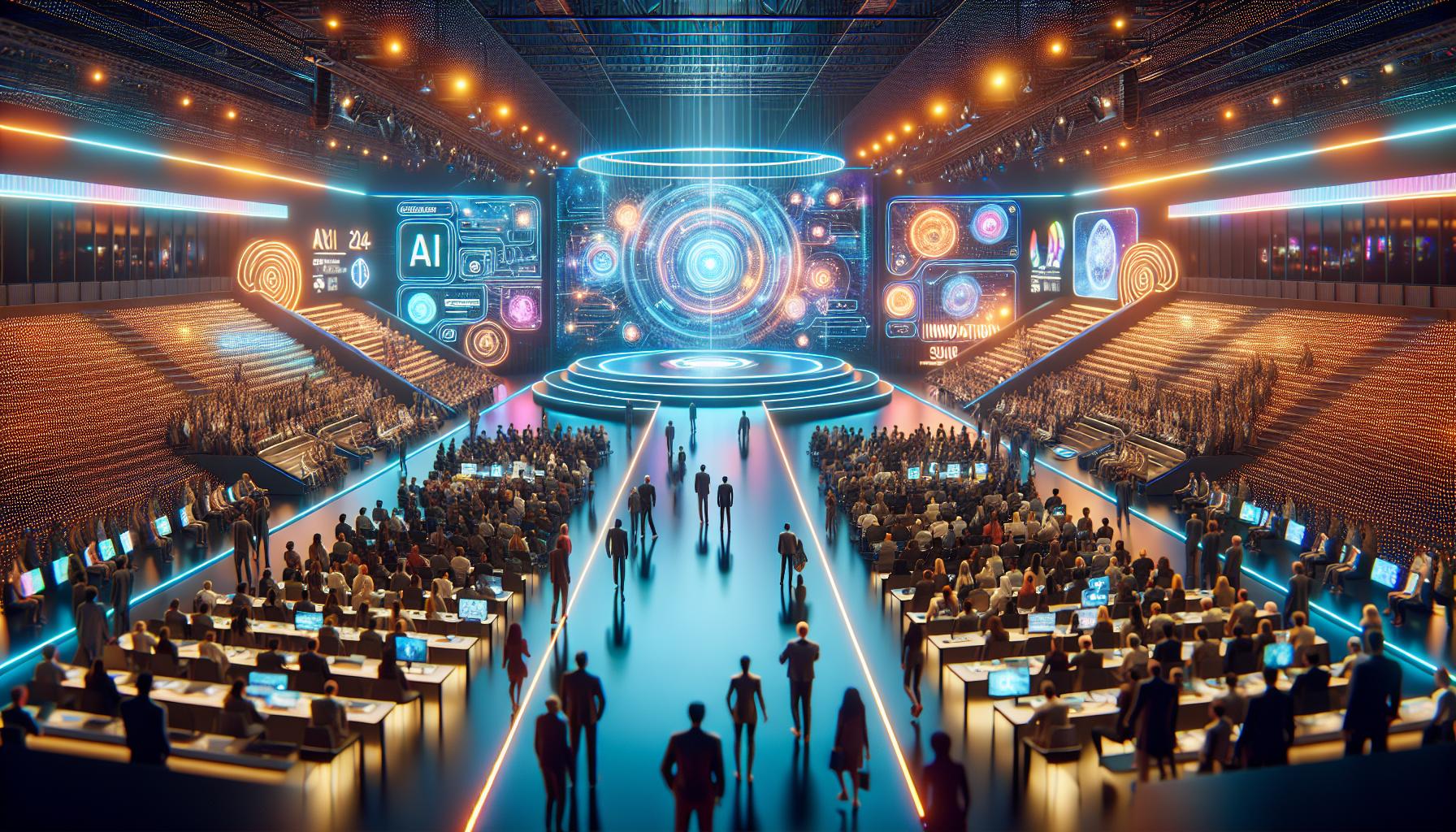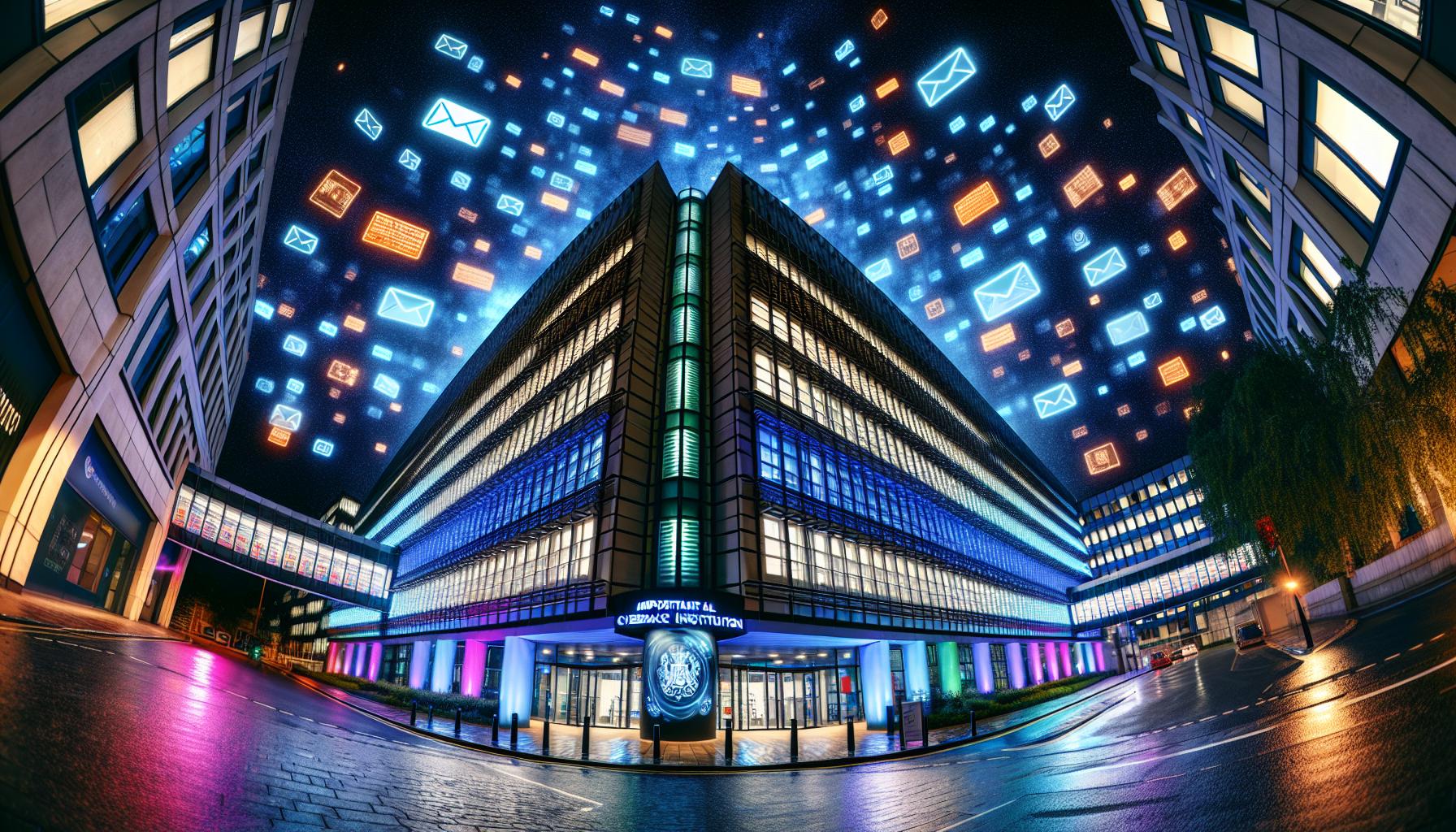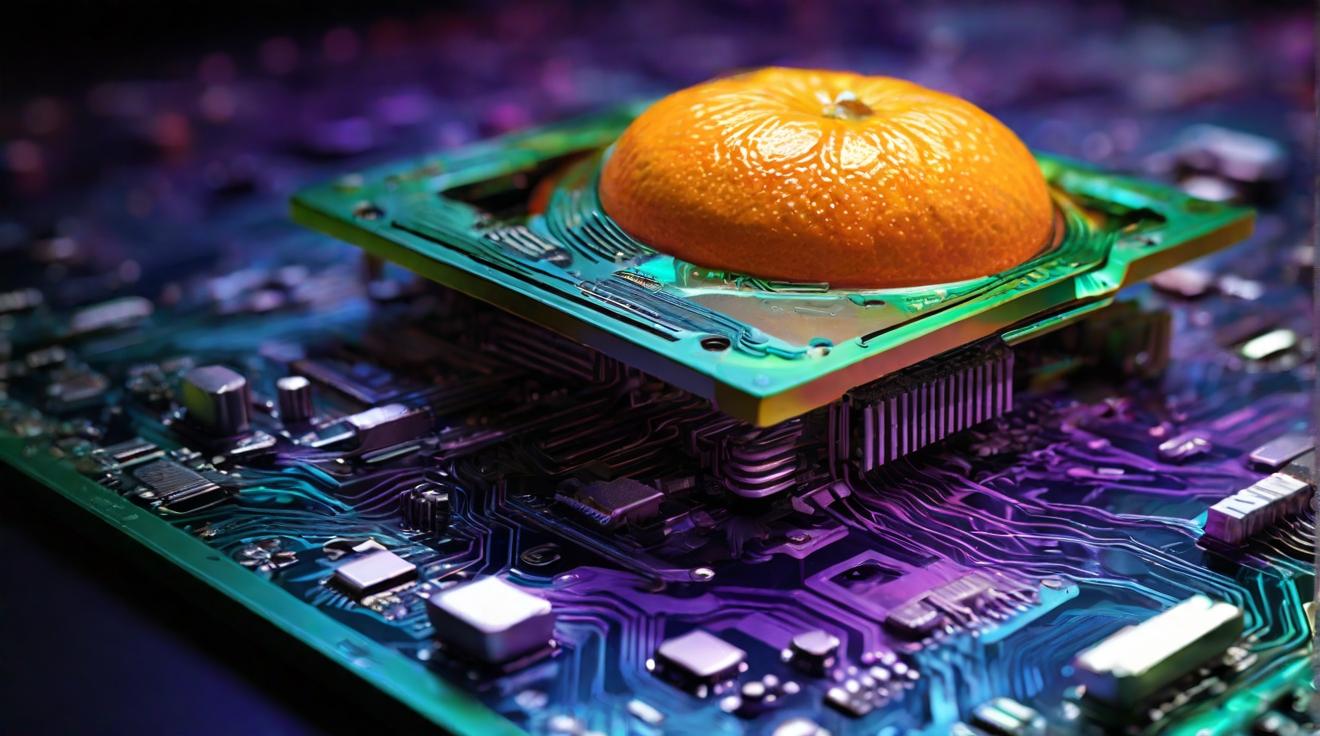The Year of Disruption: How AI is Transforming the Software Industry
The past year has been an extraordinary one for the software industry, with one major disruption that has the potential to change everything: the emergence of ChatGPT and the rise of artificial intelligence (AI). While there have been significant technological advancements in the past, such as microservices and cloud computing, AI is poised to bring about changes in almost every aspect of the software industry. However, we are still in the early stages of this story, and the full extent of these changes is yet to be realized.
Shifting Patterns in Software Development
The field of software development has seen some interesting shifts this year. While most topics related to software development have declined in usage, indicating a slight decrease in interest, there are some exceptions. Enterprise architecture, domain-driven design, event-driven architecture, and functional programming have shown either small declines or notable growth, suggesting a shift in focus towards distributed systems and real-time data management. Conversely, microservices have experienced a significant decline due to frustrations and challenges associated with its implementation.
Programming and Programming Languages
There has been a decline in the usage of content related to programming languages, particularly JavaScript-based frameworks like React and Angular. However, Python remains the most widely used programming language, and C++ has seen unexpected growth in popularity due to its applications in embedded systems and number crunching. Other languages, such as Rust, have also shown positive growth. This indicates that while there may be a shift in focus away from certain languages, new ones are emerging and gaining traction.
The Rise of Generative AI
Generative AI, particularly the GPT family of models, has taken the AI industry by storm. Content related to GPT models has seen an exponential increase in usage, with ChatGPT being a game-changer in the industry. The growth of natural language processing (NLP) has also been significant, indicating the wide-ranging applications and interest in this field. Other AI-related topics, such as deep learning, reinforcement learning, and MLOps, have also seen growth, highlighting the importance of AI in various domains.
The Importance of Data and Security
Data continues to play a crucial role in the software industry, with increasing interest in data engineering, data lakes, and data mesh concepts. Data security and governance have also gained importance, indicating a shift towards a more data-driven and security-conscious approach.
Cloud Computing and Design
Cloud native development and hybrid cloud architecture have seen significant growth, signifying the shift towards building applications specifically for the cloud. Design tools, such as Figma, have become increasingly popular due to the need for collaboration in remote work environments. The importance of information architecture and accessibility in design has also become more prominent.
Conclusion:
The past year has been marked by disruptive changes in the software industry, driven primarily by the emergence of AI and its various applications. From shifts in software development to the rise of generative AI, data-driven approaches, and cloud-native development, these changes are reshaping the industry and opening up new possibilities. As we look towards the future, it is clear that AI will continue to be a driving force in the software industry, impacting everything from programming languages and development practices to data management and security.
Analyst comment
Positive news: The Year of Disruption: How AI is Transforming the Software Industry
Analyst’s statement: The emergence of AI, particularly ChatGPT, is poised to bring about significant changes in the software industry. This shift towards AI will impact various aspects of software development, programming languages, data management, and security. AI will continue to be a driving force, reshaping the industry and opening up new possibilities.













